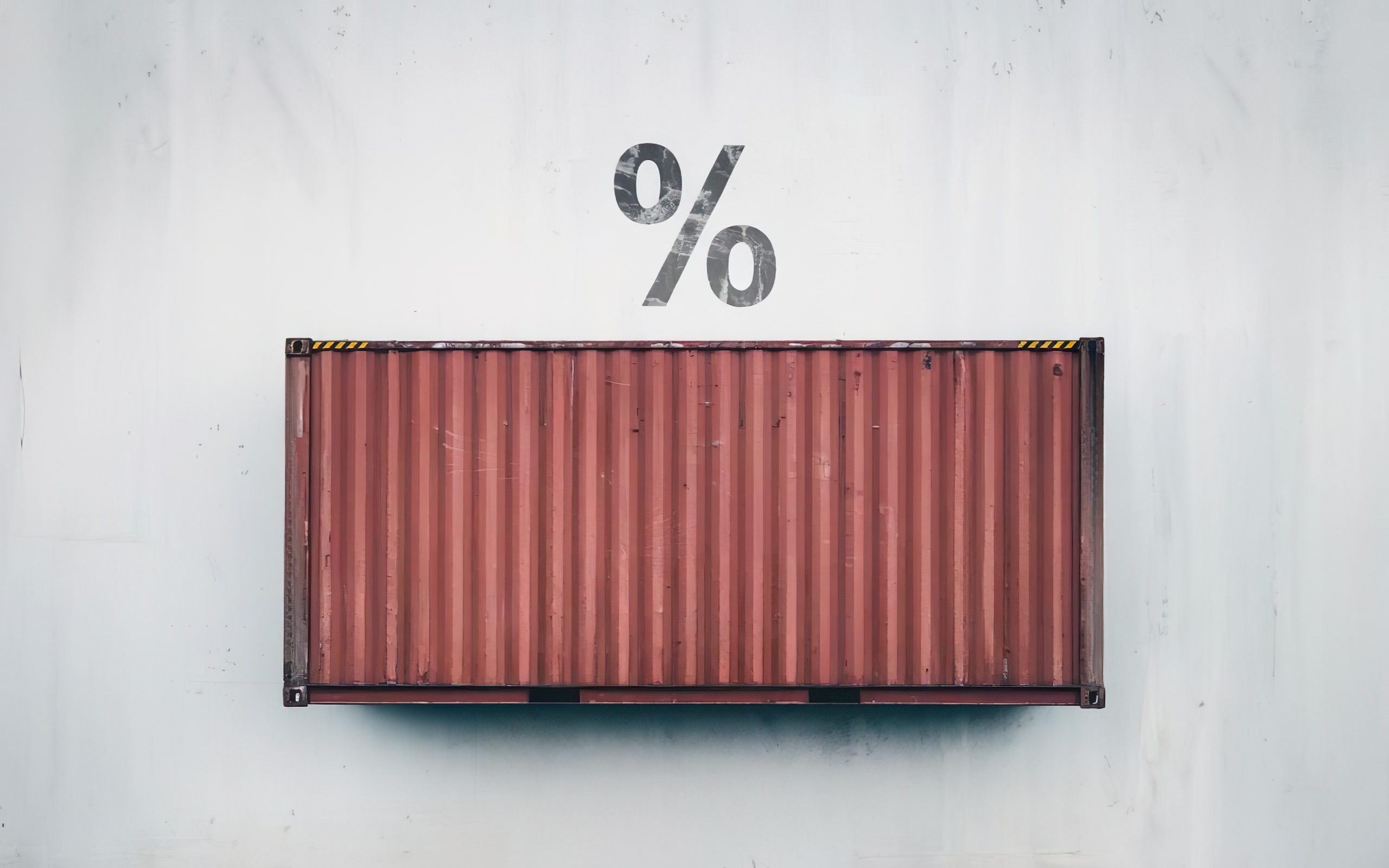By a seven-to-two vote, the Federal Supreme Court (the STF) confirmed that the Executive Branch can freely adjust rates under the Special Regime for the Reinstatement of Tax Values for Exporting Companies (Reintegra). The established thesis is as follows:
“Article 22 of Law No. 13,043/2014, which authorizes the Federal Executive Branch to determine the percentage for calculating export credits under the Special Regime for the Reinstatement of Tax Values for Exporting Companies (REINTEGRA), is constitutional. This measure qualifies as a government subsidy and does not conflict with provisions granting export immunity.”
Reintegra is a program designed to support Brazilian exporting companies. It aids these companies by reducing residual tax costs incurred throughout the production chain. Unrecovered costs are minimized to boost global competitiveness. The federal government reimburses residual tax costs from the production chain of exported goods through credits based on export revenue, ranging from 0.1% to 3%. An additional 2% may apply when residual taxes are identified during the export process.
In ruling on Direct Constitutional Challenges (ADIs) 6,040 and 6,055, the STF decided that the Executive Branch is authorized to freely reduce the Reintegra percentage (0.1% to 3%). This measure constitutes an export incentive rather than a tax immunity, which would otherwise mandate the full reimbursement of costs incurred in exports.
The STF’s decision confirms the federal government’s authority to freely reduce Reintegra rates, exemplified by Decree 9,393/18, which lowered the rate to 0.1%.
In ADI 6,040, the Court addressed the issue of a residual credit of up to 2%. However, it did not rule on whether this credit requires regulation or proof of residual tax before the Brazilian Federal Revenue Service. Therefore, taxpayers may still challenge this issue in future appeals.
The STF views Reintegra as financial assistance for exporting companies, allowing the government to adjust incentive credit rates freely, provided they stay within the legal limits (0.1% to 3%).
Although not directly addressed in ADIs 6,040 and 6,055, the reductions in Reintegra rates in 2015 and 2018 are being challenged in court. The basis of these challenges lies in the principle of annual anteriority, which requires rate reductions to take effect only in the following fiscal year. This issue is part of General Repercussion Theme 1108, which remains pending judgment.
Glossary:
STF (Federal Supreme Court) – the highest court in Brazil, responsible for ruling on constitutional matters and interpreting the Federal Constitution.
Reintegra (Special Regime for the Reinstatement of Tax Values for Exporting Companies) – a Brazilian government program aimed at reducing residual tax costs in the production chain of exporting companies through credits based on export revenue.
Residual Tax Costs – unrecovered tax costs throughout the production chain, which affect the global competitiveness of companies.
Direct Constitutional Challenges (ADIs) – judicial procedures used to challenge the constitutionality of laws or normative acts in Brazil.
General Repercussion Theme – a procedural tool used by the STF to streamline decisions by addressing issues that affect a significant number of cases with similar legal questions.




